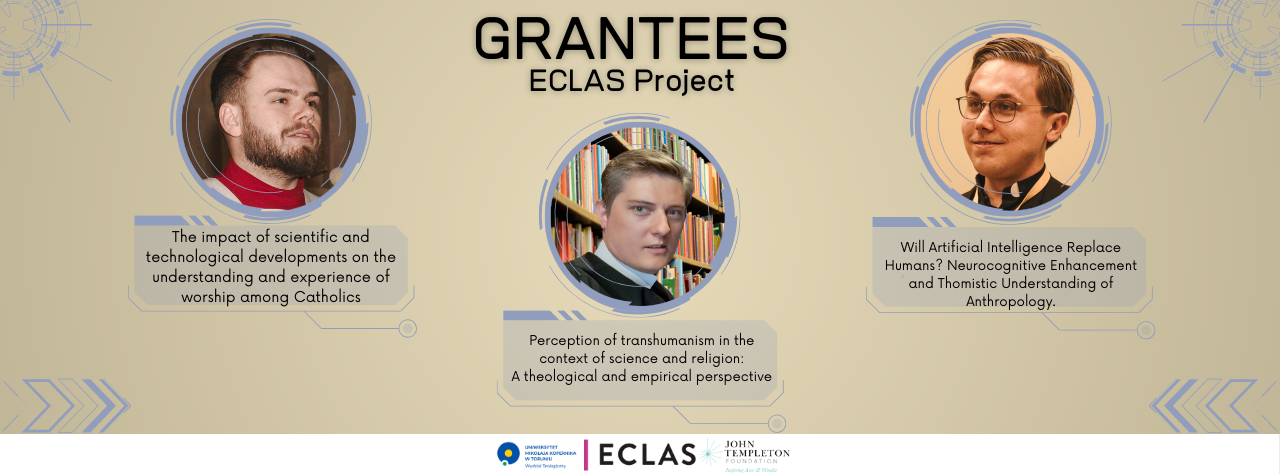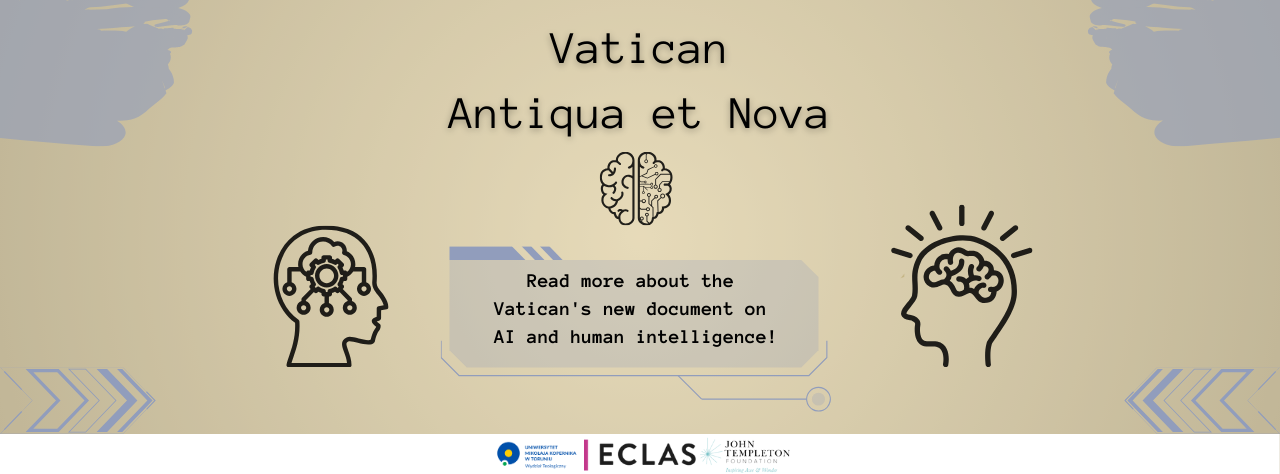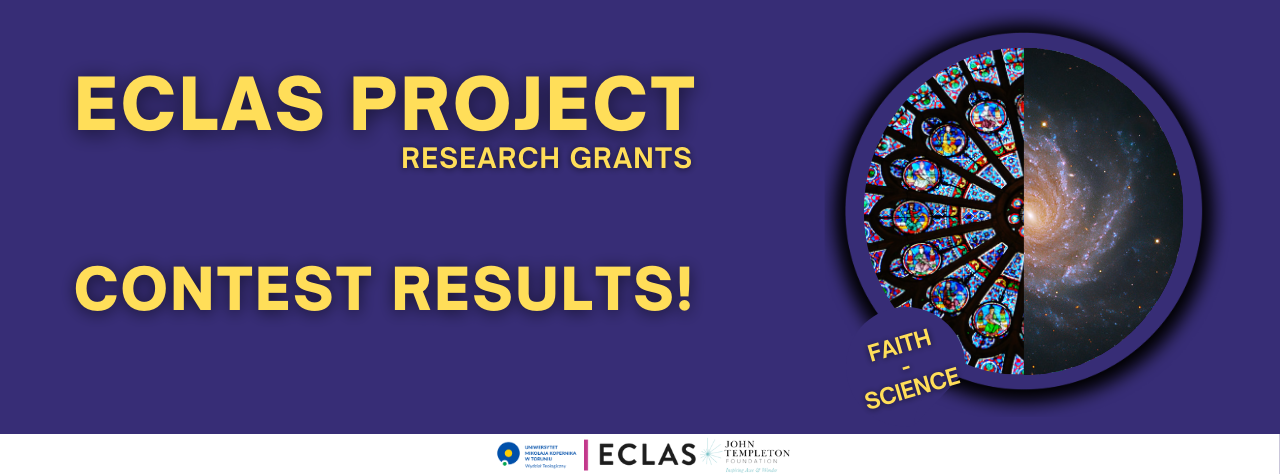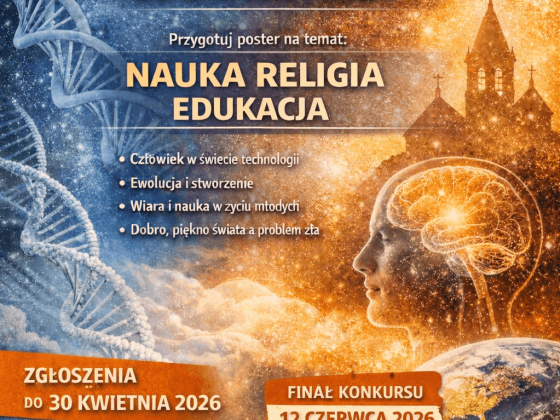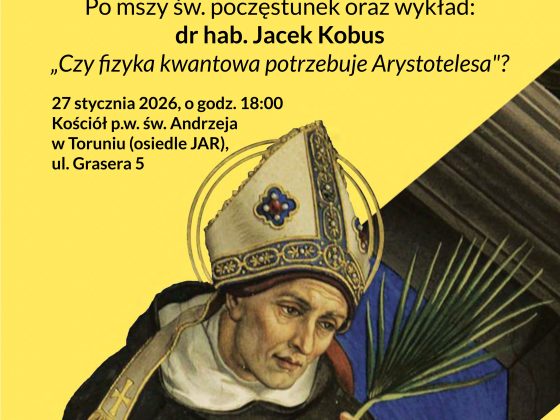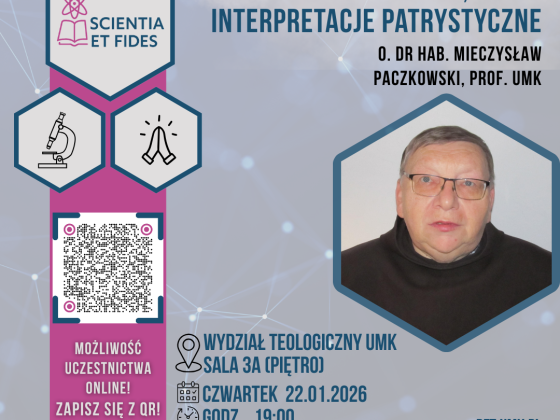The Scale of Christian Pilgrimage
The Scale of Christian Pilgrimage https://scire.umk.pl/wp-content/uploads/2026/02/632291619_1244098671187503_7069337395608567913_n.jpg 1450 2048 ECLASWe warmly invite you to a special seminar dedicated to reflecting on the phenomenon of Christian pilgrimage 🚶♂️⛪🌍…
